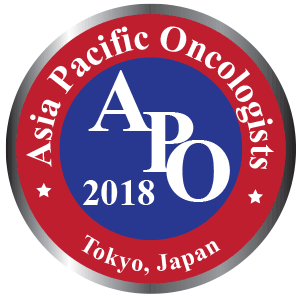
Soo Rah Angelle Kwak
Southern Philippines Medical Center, Phillipines
Title: The impact of awareness program on the knowledge, attitude and practices of breast self examination amonf female healthcare workers in a tertiary hospital in Davao city: An interventional study
Biography
Biography: Soo Rah Angelle Kwak
Abstract
In the Philippines, breast cancer has a rising mortality rate despite improvement in diagnosis and treatment. Inexpensive screening tools have been advocated including Breast Self Examination (BSE), however, not many have adapted to this practice.
Objectives. It has been demonstrated that the influence of healthcare professionals affects the patients’ knowledge, attitude and practice (KAP) towards BSE. Hence, the researchers investigated on the KAP of BSE in a tertiary hospital among healthcare workers. The impact of a standard brochure-distribution as a means of advocating BSE, as compared to providing a planned awareness program was also determined.
Methodology. Through convenience sampling, ninety-eight (98) healthcare workers were enrolled. Respondents were randomly distributed to either the control (brochure only) or interventional (brochure with awareness program) group. A structured validated questionnaire assessed the knowledge and attitude of the respondents, while practice scores were determined through performing BSE. All domains were reassessed after six weeks and the scores were compared.
Results. The mean knowledge scores of all participants were good and significantly improved after intervention. However, there was no significant difference in the scores between study groups. There was a significant difference in the attitude of the respondents after undergoing the awareness program. Hence, the awareness program, had a greater impact in the improvement of attitude towards BSE as compared to providing brochure alone. Lastly, practice scores of the participants were poor at baseline and became impressively improved post intervention. But between study groups, there was no significant different of practice scores.
Conclusion. There was a significant improvement after intervention in the knowledge, attitude and practice of BSE. However, the awareness program made a greater impact on the attitude and the practice domains. Hence, this study recommends a well-planned awareness program for the advocacy of BSE among healthcare workers and possibly to the patients.

